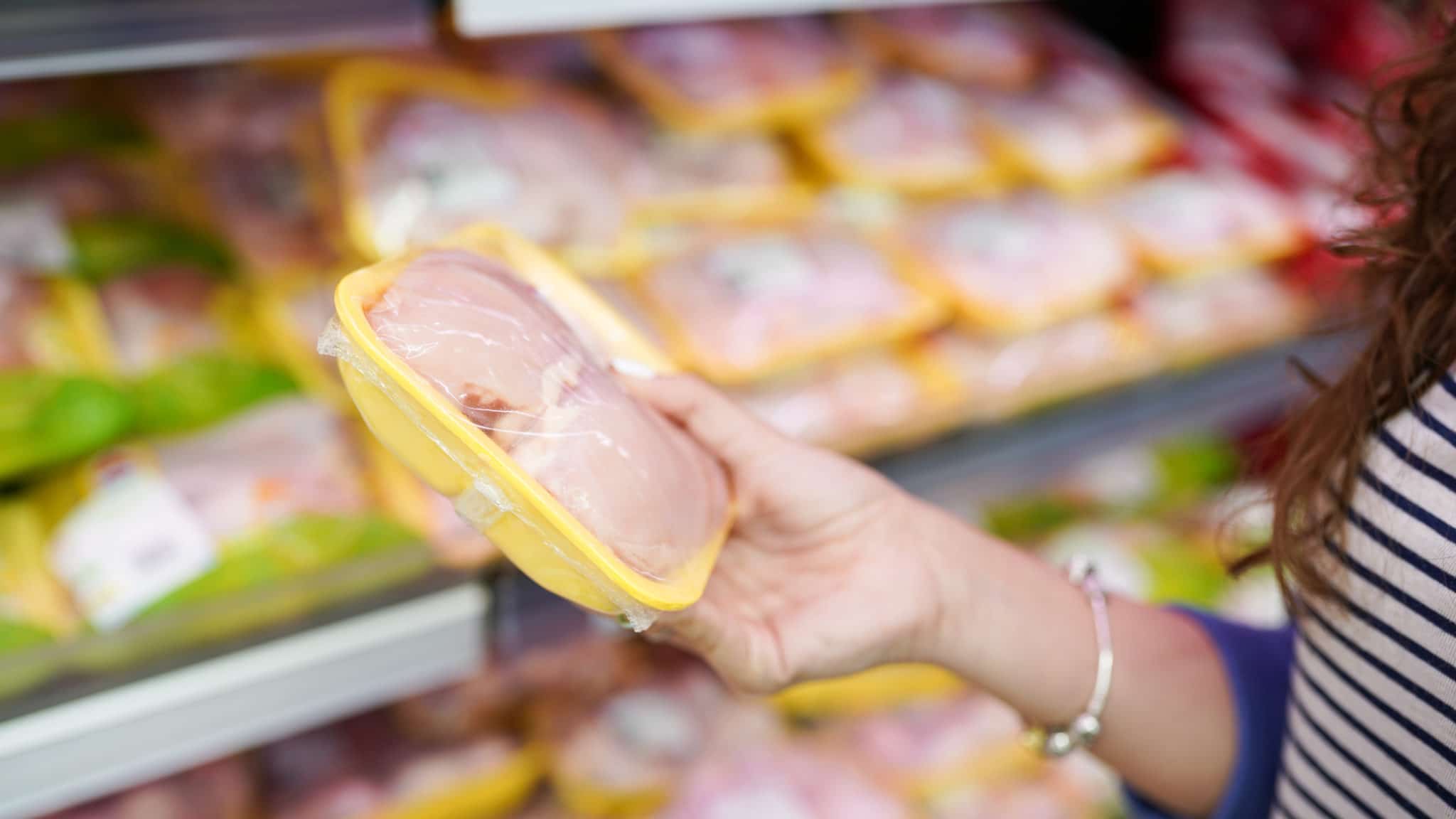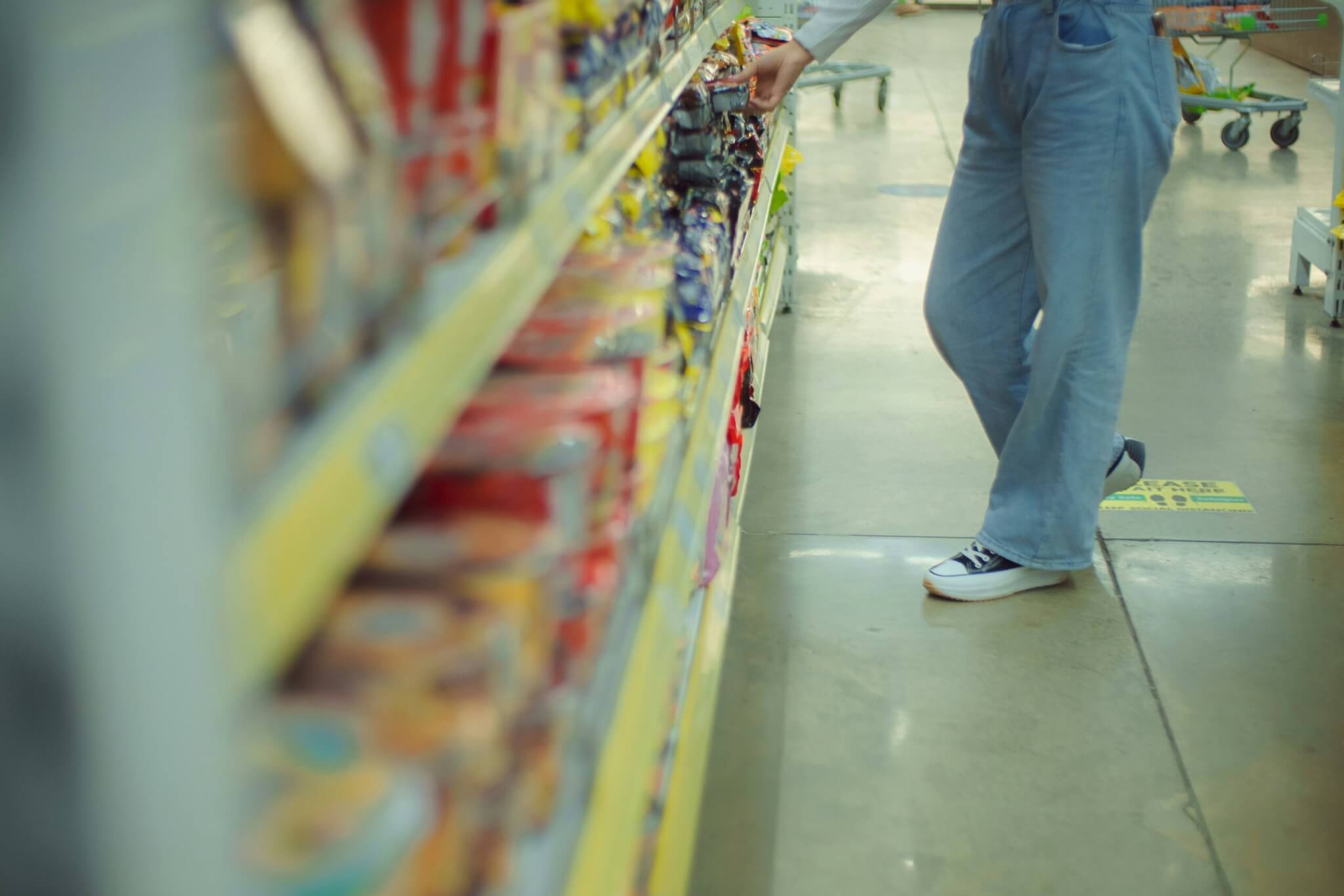Russia’s invasion of Ukraine could spell the end of cheap chicken in the UK and elsewhere if the spike in global grain prices becomes permanent.
That was the view of sustainable food experts speaking at an event this week, where the topics ranged from the impact of macro trends like the war in Ukraine and the escalating cost-of-living crisis, to the release of two new reports sketching out a possible future for food.
Russia and Ukraine are top suppliers of many global commodities including wheat and other grains used in animal feed. Since the start of the year, prices have spiked by 50 per cent as the war has halted supply from Ukraine, but the longer-term impacts are now also becoming clear.
“The Ukraine war will be the end of cheap grain, and it will be the end of cheap chicken,” predicted chief executive of the Sustainable Food Trust (SFT), Patrick Holden, speaking at the organisation’s annual conference. “The cost of grain is going to radically alter what people eat,” he added.
Holden was launching the SFT’s new report, Feeding Britain, which he said aims to make “a modest contribution to the public debate” on what we should farm and eat to tackle the climate and biodiversity crises.
“Intensive chicken production will become much less viable, which is already happening because of Ukraine. I think this will be a permanent shift. Grain will have to achieve its true price and be used only to feed humans,” said Holden.
But rather than helping spark a shift to less intensive chicken production, president of the NFU Minette Batters said that, in the short-term, the war could also open the floodgates to cheaper imports.
“Off the back of cost inflation, we have massively contracted our egg and poultry production. We are starting to import more,” she said.
“Despite commitments on British, we are going to be importing many more Polish eggs, and potentially a lot more product produced to much lower standards and from battery cages that were banned here 20 years ago.”
Strong tariffs on imports to protect British producers, who have higher welfare and food standards, would prevent this happening, but a move in this direction was removed from the government’s food strategy, the other major food report released this week.
Speakers at the Sustainable Food Trust event discussed the ideological tensions within government that allowed this to happen, with National Food Strategy author Henry Dimbleby describing the government’s response as an “arm wrestle” between Defra and [the department of] trade.
Chairman of the Committee on Climate Change, Lord Deben, said that trade had won out, with trade deals like those done with Australia being fast-tracked at the expense of British farmers, because of the pressure within government that he described as “above all, we have to show that Brexit works”.
Elsewhere, panel moderator and co-founder of Tortoise Media, James Harding, pointed out the contradictions in the various reports and advice around what people should eat to protect the planet. “You can read two reports and be totally confused on meat. There is a colossal gap. I don’t know who to believe, and which one is politically feasible,” he said.
Under the SFT’s new plan, fruit and veg production would be doubled, grains and arable would be halved, and pork and chicken production would be reduced by three quarters. Pulses and beans would be doubled, while beef and lamb reared on grass could continue to be produced at the same levels, under the plan.
These changes would enable a similar level of food self sufficiency, with more space for woodland and nature integrated into farming landscapes via agroforestry, the SFT said. The report did not model how much carbon could be sequestered under this model.
Dimbleby, whose National Food Strategy, recommended a 30 per cent reduction in red meat and dairy, said: “It’s important to understand that the conversation about meat is not about methane, it’s about land use. We need that land to restore biodiversity and sequester carbon.
“A carbon negative meat system doesn’t seem possible. It’s operating better, but we still cannot show that in the long term beef can sequester carbon. The evidence just isn’t there.
“I have not seen the evidence that we can eat the same meat we eat today and address climate change. I can’t see how you get the maths to work.”
Others asked for more differentiation on exactly what meat can be eaten. “At the heart of the problem is the failure to differentiate between the livestock that have been part of the problem, and the livestock that are not only part of the solution but are absolutely essential,” said Holden. “We should be as tough on unsustainable plants as we are on unsustainable livestock.”
Meanwhile, Batters added: “Fossil fuels are the big problem. Processed food is the big problem. But they don’t get talked about. It always comes back to meat.”













Unfortuntately, i don’t think it will spell the end of our mad obsession with chicken and imports will replace the grain. I read today that Boris Johnson is negotiating another trade deal, this time with India, and will open the floodgates to cheap grain produced with pesticides that are banned in the UK.